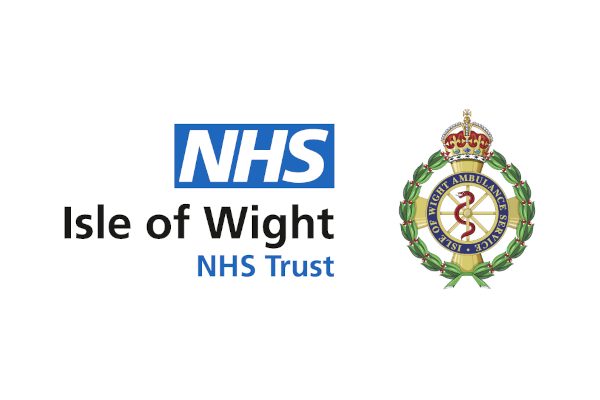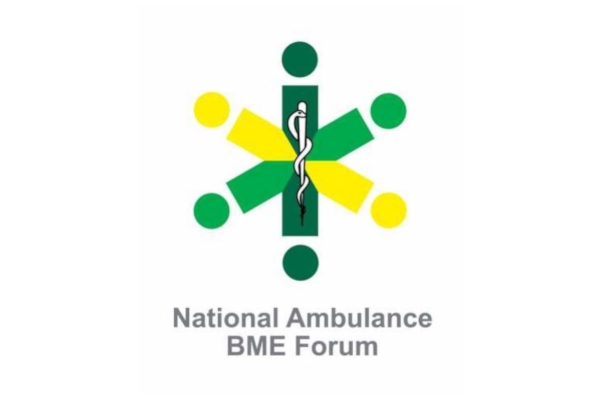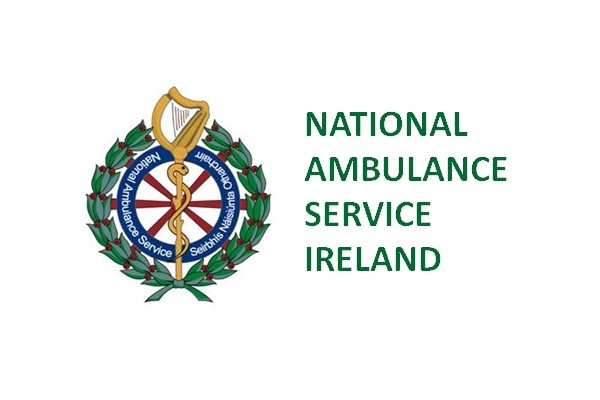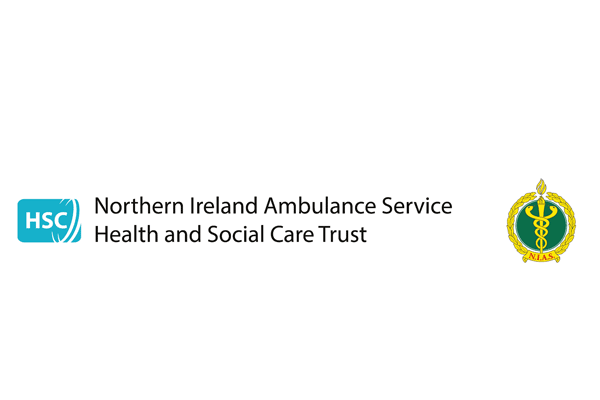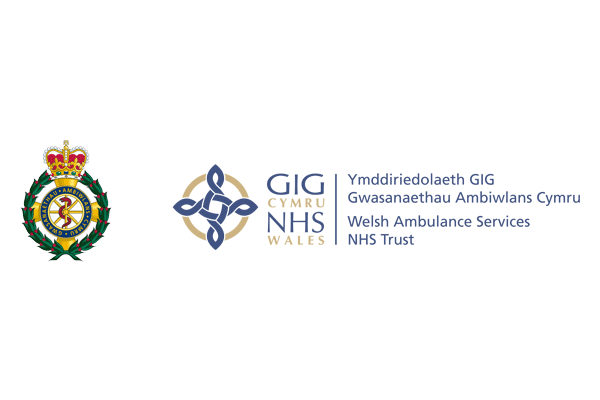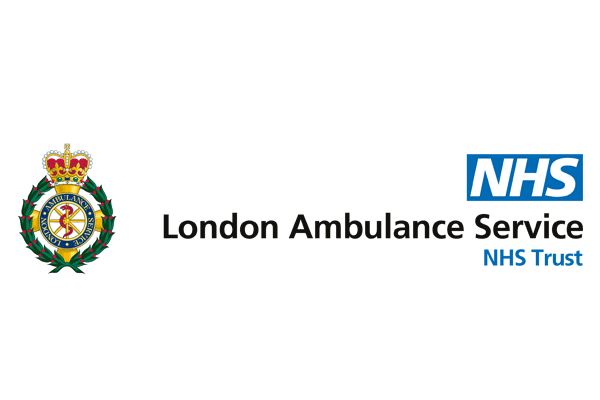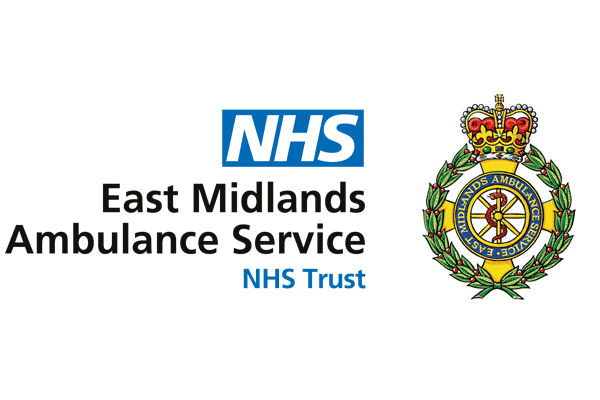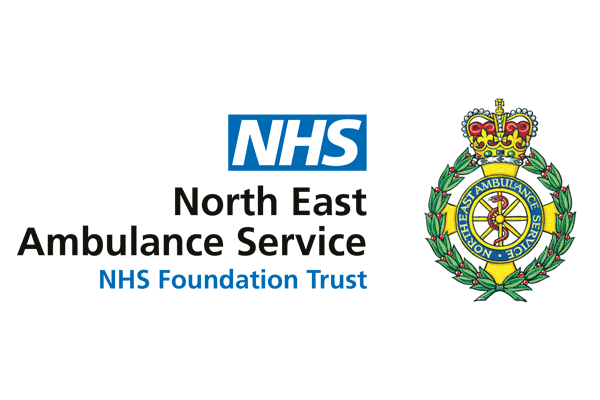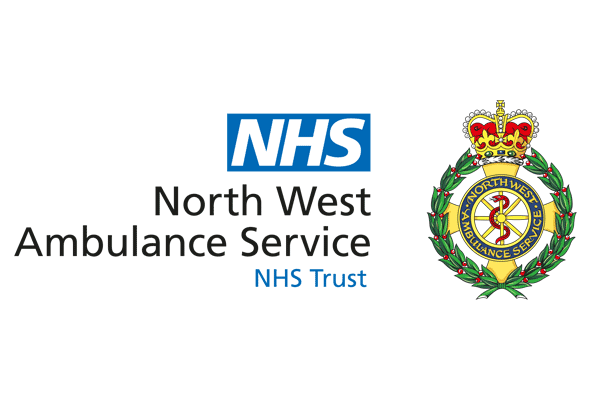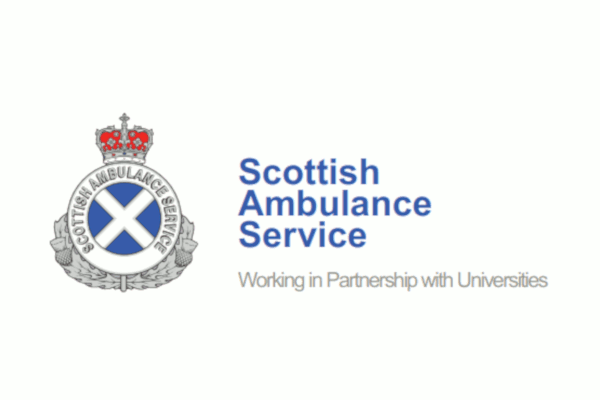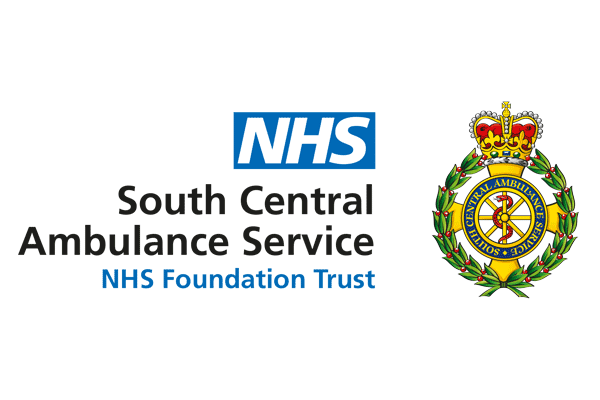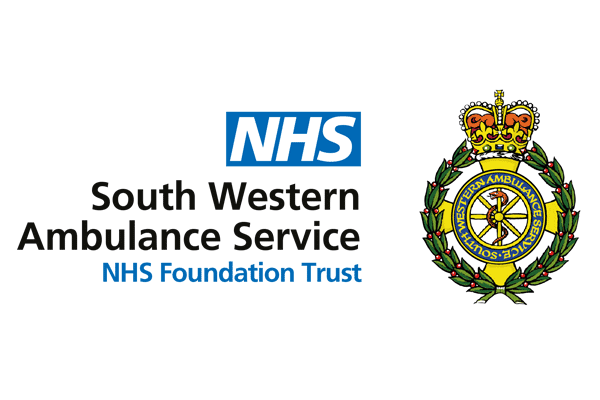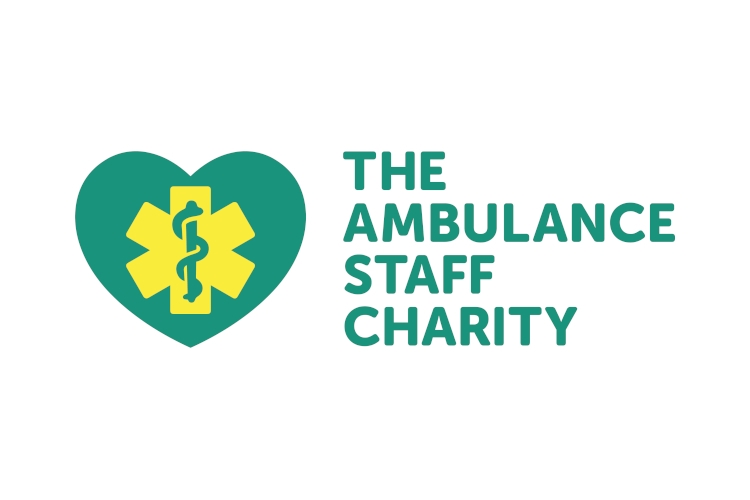The Association of Ambulance Chief Executives (AACE), working on behalf of the UK’s NHS ambulance services, has highlighted an opportunity to bring partners together to consider how everyone working in the ambulance sector can contribute to reducing health inequalities, both as providers of care and as anchor institutions within their regions.
The reducing health inequalities programme includes a consensus statement agreed by major health organisations including NHS England (NHSE), the Office for Health Improvement & Disparities (OHID), the College of Paramedics (CoP), NHSE Workforce, Training and Education (NHSE-WTE, formerly Health Education England), NHS Providers (NHSP) and NHS Confederation (NHSC), which hosts the Integrated Care Systems (ICS) Leaders Network.
The consensus statement launched today underlines common goals and objectives in a concerted attempt to balance the playing field for all service users and overcome the challenges of health and social care inequality. It will ultimately result in ambulance services playing a key role in their ICSs’ objectives to reduce local health inequalities.
Ruth Crabtree, National Lead for Public Health at AACE says:
The concept of public health and health inequalities within ambulance services is not a new one. Every day, ambulance services take thousands of calls from the public and see first-hand that in our least well-off neighbourhoods people are dying years earlier than they should.
Quite often this is a result of living in poorer communities where the building blocks for healthier lives (such as quality housing, fair income and access to good employment opportunities) are harder to access or missing.
Daren Mochrie, AACE Chair says:
While ambulance services cannot resolve these health and care inequalities alone, they can play a major role as part of a wider effort by Integrated Care Systems to help try and achieve a more balanced and equitable outcome for these groups. This means identifying collective opportunities to support improvements across communities, including targeted intervention for specific groups that are particularly vulnerable.
The result could mean greatly improved health outcomes and better experiences of care received by these groups of people who will have a greater chance of living healthier lives for more years. It is about ambulance services coming together with system partners to improve outcomes for the most vulnerable in our communities – it’s not about the pieces but how they work together to ensure people enjoy healthier lives for longer.
The consensus includes some tangible examples in which ambulance services and their staff can ensure their services are more appropriate to the communities they serve and can therefore help reduce health inequalities, including:
- Using data to better understand population need
- Understanding experience, barriers and outcomes for specific population groups
- Reviewing and improving clinical care for vulnerable population groups
- Designing and delivering inclusive recruitment processes
- Understanding and reviewing ambulance trust estates and facilities to better support communities
- Reducing the environmental impact of ambulance service activities
- Creating workplace environments that better support staff and volunteer health & wellbeing
- Putting money back into our communities by purchasing more locally
Professor Bola Owolabi, Director of Health Inequalities of NHS England says:
Reducing health inequalities is everyone’s business and it’s wonderful to see the ambulance sector proactively embracing their important and valuable contribution.
I am hopeful that by applying the new consensus, ambulance services will understand the populations they serve better leading to improvements in patient access, experience and outcomes.
Linda Hindle, Deputy Chief AHP Officer of the Office for Health Improvement & Disparities (OHID) says:
All parts of the health and care system have a role to play in reducing health inequalities. This consensus describes what this looks like in the context of the ambulance sector.
Rory Deighton, director of the NHS Confederation’s acute network said:
Health leaders have highlighted their concerns time and again about the impact the rising cost of living will have on people’s mental and physical health, especially as members know that health inequalities were rife before the Covid-19 pandemic.
With this in mind, leaders will welcome the new consensus to encourage ambulance services and local system partners to work together to combat these inequalities. We know a collaborative partnership with ICSs and ambulance services will provide communities tailored service, depending on the needs of the area. While this will not be a quick fix, the consensus sets a path to a future of better health outcomes for patients, improving services for local areas and ensuring everyone gets effective care. Health leaders are continuing to work hard to ensure all people no matter what background can live a healthy life.
Saffron Cordery, deputy chief executive of NHS Providers said:
The Covid-19 pandemic exposed and widened long-standing health inequalities. We know that trusts are making important progress in recovering services from the impact of the pandemic and that tackling unfair health and race inequalities is central to these efforts.
The ambulance sector, working with system partners, has a vital role to play here. Already ambulance trusts are delivering real gains in reducing health inequalities and now this new Consensus Statement sets out a shared vision to maintain this momentum. We’re really pleased to support this work and raise the profile of the ambulance sector in tackling health inequalities.
For further information and to read the documents, click here.

